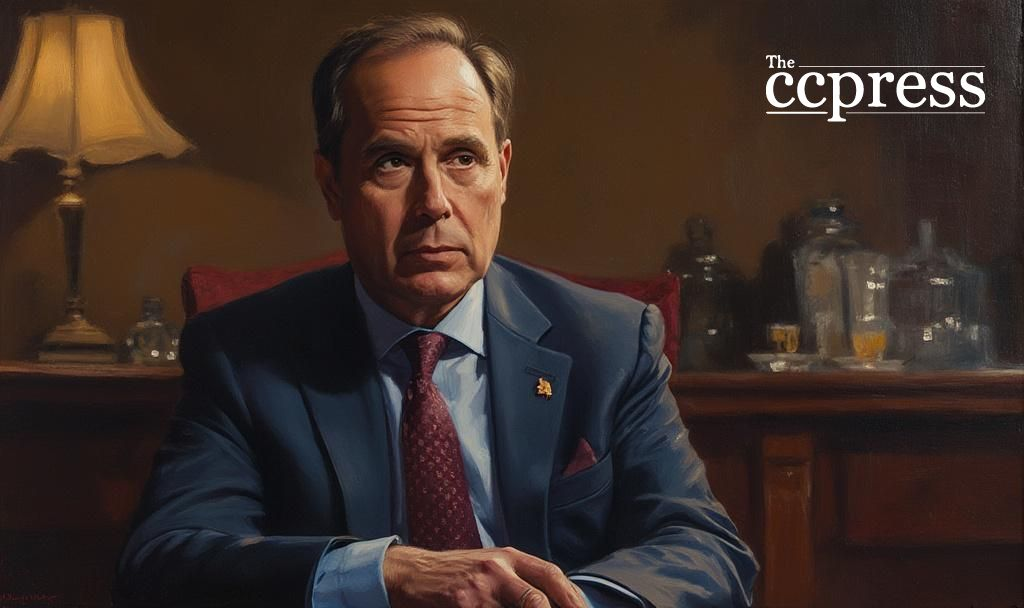- Senator Schiff’s COIN Act targets high-level officials’ crypto activities.
- The COIN Act aims to prevent conflicts in digital assets.
- Political families’ crypto earnings prompt heightened scrutiny.
Senator Adam Schiff introduced the COIN Act on June 23, 2025, targeting presidential crypto involvement to curb potential conflicts of interest.
This legislative action reflects increasing scrutiny on digital asset engagements by senior officials, seeking to prevent public office misuse for financial gain.
Introduction of the COIN Act
Senator Adam Schiff has introduced the COIN Act, aimed at limiting high-level officials’ involvement in crypto activities. Schiff’s motivation stems from recent revelations regarding potential conflicts of interest involving current and former officials and their families. Schiff, supported by nine Democratic senators, highlights the risk of financial gain through digital assets during office tenures.
“The legislation seeks to prevent the misuse of public office for personal financial gain related to digital assets.”
The bill comes amid reports of Donald Trump’s $57.4M earnings from crypto activities linked to World Liberty Financial and its USD1 stablecoin. The proposal has sparked debate about consistency, considering Schiff’s past support for the GENIUS Act, which had differing conflict provisions.
Impact on Political Figures
This legislation could impact political figures’ crypto engagement, drawing industry attention to potential conflicts. The COIN Act introduces new conduct standards for US public officials, targeting public trust concerns and digital asset profiteering. Potential outcomes include increased regulation of crypto-related activities by officials, alongside increased legal scrutiny. Future impacts of the COIN Act may touch on market dynamics and influence regulatory policies across the financial sector.
| Disclaimer: The content on The CCPress is provided for informational purposes only and should not be considered financial or investment advice. Cryptocurrency investments carry inherent risks. Please consult a qualified financial advisor before making any investment decisions. |
